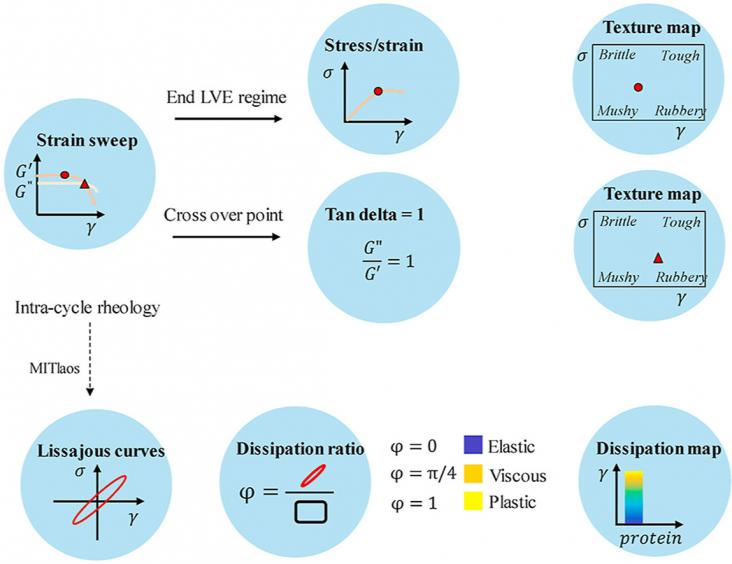This paper presents an initial qualitative exploration of United States physicians’ perspectives with regard to whether, why and how physicians might discuss the health effects of global environmental change, climate change in particular, with their patients and what would need to change in healthcare systems to facilitate this.

Artificial intelligence (AI) is a rapidly developing field contributing to the English National Health Service (NHS) goals of more efficient care and reduced climate impact.
This article discusses current initiatives in several areas to contribute to a climate resilient Bahamas, and prioritizing mental health and psychosocial support for survivors of climate disasters.
This investigation describes patient and family responses to climate change counselling administered by one pediatrician in a Wisconsin clinic.

The development of next-generation meat analogues can be accelerated by in-depth knowledge of the rheological properties of dense biopolymer blends.

The accessibility concept provides a suitable framework for the achievement of sustainable land use and transport systems.
Renewable energies have been discussed as the main efficient solution for solving many issues regarding climate change.
Urban areas are critical in accomplishing the clean energy transition and meeting the climate goals in the Paris Agreement.
The purpose of the present paper is to disentangle the mechanisms that connect climate change-induced disasters, inequality and vulnerability by accounting for both directions of causality.
Deforestation in Ituna/Itatá Indigenous Land increased 654% between 2018 and 2019. 94% of Ituna/Itatá has been claimed in the Brazilian Rural Environmental Registry. Belo Monte dam and Belo Sun mining project cause land speculation in Ituna/Itatá. Brazilian government policies threaten forest protection and indigenous peoples. Unilateral land tenure regulation would obstruct Indigenous Lands demarcation.
